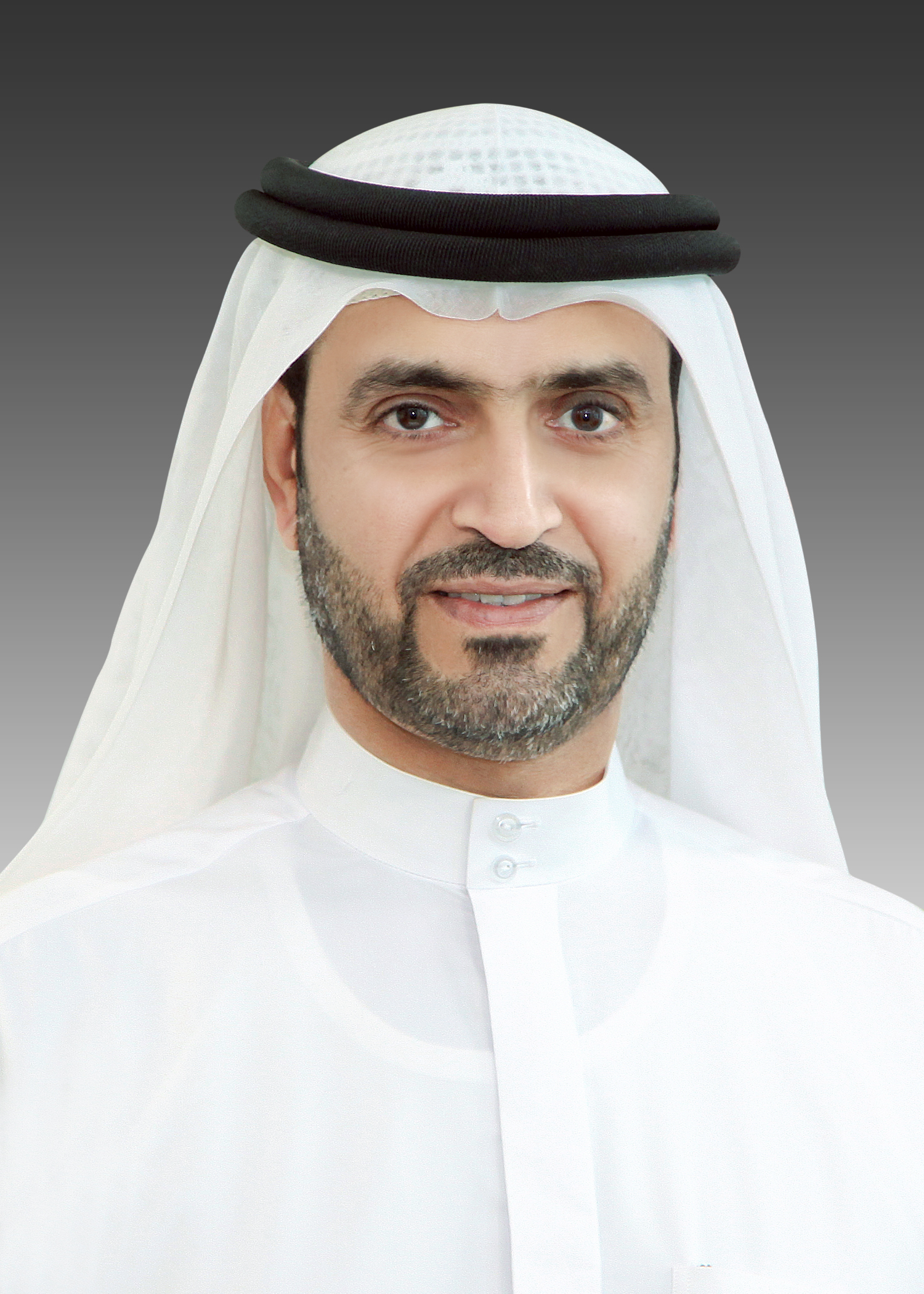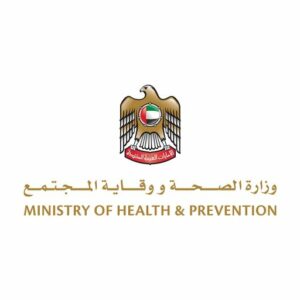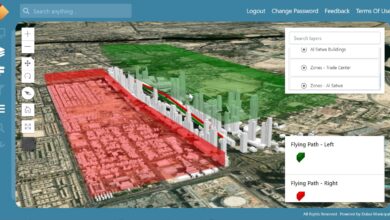
Ministry of Health to connect “Riayati” platform with other medical records including ‘Nabidh’ & ‘Malaffi’

Dubai UAE
Sallam Sallam
The Ministry of Health and Prevention, MoHAP, has announced it is putting in place final preparations to link the National Unified Medical Records (Riayati) with all other affiliate medical records (including ‘Nabidh’ and ‘Malaffi’)
The ministry said the move is being implemented in coordination and cooperation with the Department of Health-Abu Dhabi and the Dubai Health Authority.
“Riayati” is a platform for the exchange of medical information within health facilities and one of the foundations of the healthcare future.
The new program helps empower individuals and institutions to exchange health information, in order to improve health services quality and boost customer and patient satisfaction.
The newly launched project falls within the National Unified Medical Records “Riayati” which was launched by HH Sheikh Mohammed bin Rashid Al Maktoum, Vice-President and Prime Minister of the UAE and Ruler of Dubai at the Arab Health 2018 in Dubai.
In order to make clinical data more accessible and retrievable, the new platform serves as a digital carrier for clinical information between the different health care information systems, thus providing a timely manner, safer, and more efficient healthcare services. It also includes a database for analytical purposes and health planning, so that the health authorities can develop national indicators and standards at the national public health level. With this new platform, patient information becomes easily accessible by the medical staff to help them provide appropriately patient-centred care, regardless of where the service is delivered.
Development of health information systems
His Excellency Awad Saghir Al Ketbi, Assistant Undersecretary of the Support Services Sector, said: “The health data exchange platform ‘Riayati’ comes as part of MoHAP’s strategy to develop health information systems, apply international standards in the infrastructure management of health facilities, and to develop the proper technology for the management of health population. It also falls within the national unified medical records which constitute a digital health platform for showcasing updated data of patient records and offering innovative solutions in the fields of automation, health data management, and telemedicine services.”
“The implementation of Riayati program its linkage to both ‘Nabidh’ and ‘Malaffi’ projects would help create a national unified record for patients accessible by health care professionals across the country, thus making the UAE one of the leading countries globally in the adoption of the latest healthcare technologies, in line with the objectives of the UAE Vision 2021 to solidify the UAE’s position among the world’s digital health leaders and the aspirations of the UAE Centennial in terms of providing the best healthcare service and utilizing the latest health information systems,” he concluded.
Dr. Hamed Ali Al-Hashemi, Director of Strategy at Department of Health (Abu Dhabi), said: “We are extremely pleased to participate in such vital initiative, which will enhance healthcare coordination care and help provide critical data in emergency cases for screening and treatment. Emergencies, such as the Covid-19 pandemic, pose unprecedented challenges to the healthcare community, while the adoption of modern technologies remains one of the most important factors that help empower the healthcare sector to get through this crisis. And certainly, the ability to seamlessly share patient information is extremely beneficial for healthcare professionals.”
Klaithem Al Shamsi, Information Technology Department Director, Dubai Health Authority said: “We are proud to implement this innovative initiative that will greatly benefit the UAE population. The implementation of the ‘Riayati’ initiative will help connect medical care providers in the public and private sectors to provide a smooth patient care experience. Easing clinical workflow and improving the quality of treatment is a crucial factor in meeting the growing demands. This will generate new and firm insights and improve the quality of care and medical outcomes.”









